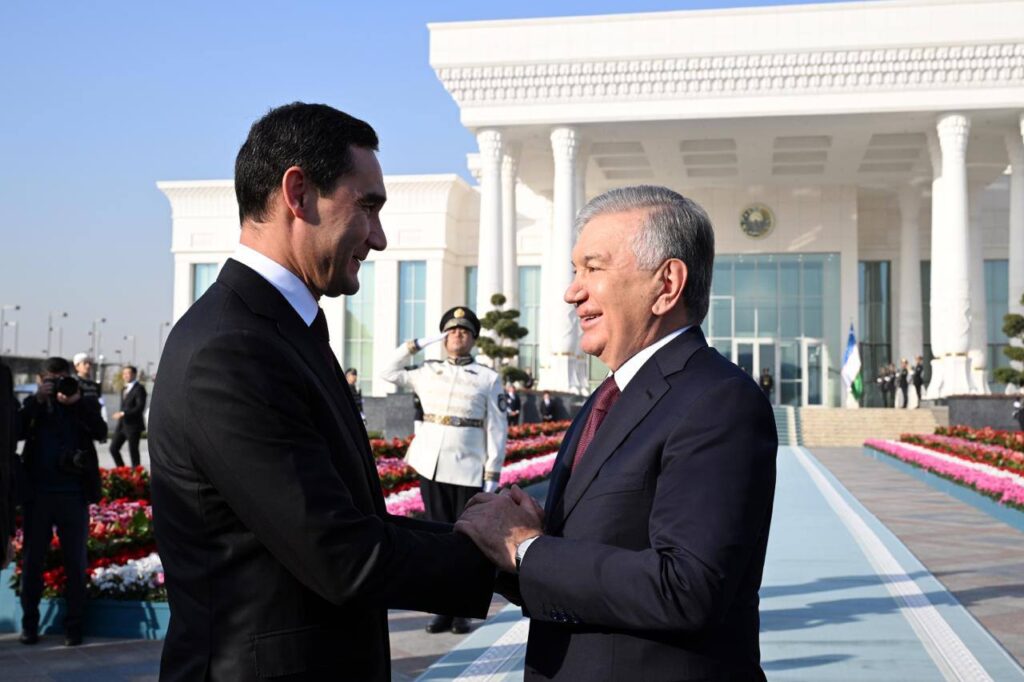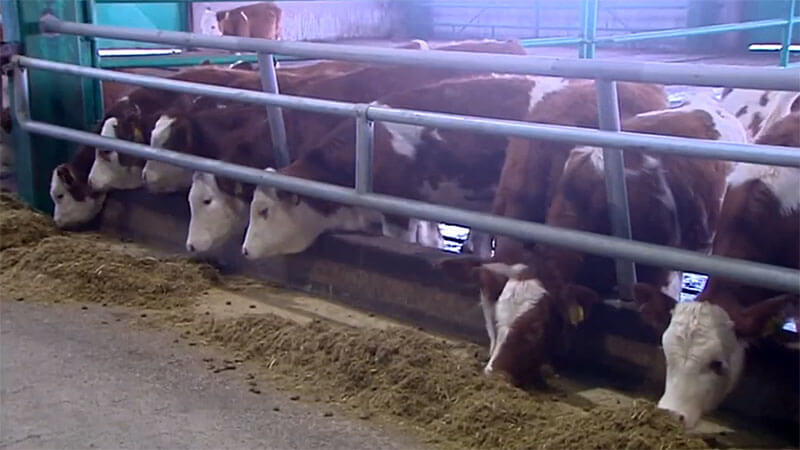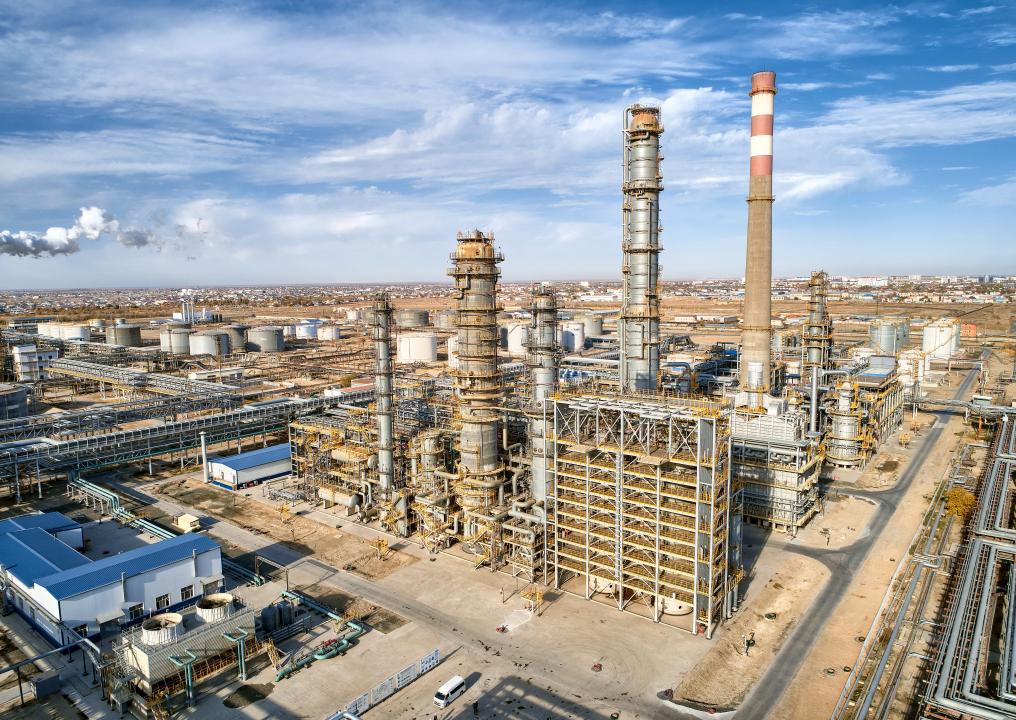ASHGABAT (TCA) — Earlier this month the media reported that the former Minister of Energy and Water Resources of Afghanistan and ex-governor of Herat province, Ismail Khan, accused the Turkmen government of supporting the Taliban by supplying ammunition to Taliban militants in Afghanistan’s Herat province. Turkmen authorities have denied the allegation.
However, the Chronicles of Turkmenistan independent website writes that some of the recent news reports suggest that the statement made by the Afghan politician sounds not so improbable.
So, in February the Stockholm International Peace Research Institute published a report saying that Turkmenistan actively purchases various arms. At the same time, for several years Taliban militants have been making plundering raids on Turkmen checkpoints at the Turkmen-Afghan border, seizing arms and retreating back to Afghanistan. Probably the arms Turkmenistan purchases are intended for the Taliban, the Chronicles of Turkmenistan suggests.
However, a more convincing reason for the attempts undertaken by the Turkmen authorities to come to terms with the Taliban is ensuring the safety of the planned Turkmenistan-Afghanistan-Pakistan-India (TAPI) natural gas pipeline, a vitally important project for Turkmenistan, the website continues.
In April 2016 the official authorities of Afghanistan gave their assurances that they would undertake all necessary measures to ensure the security of the pipeline. However, it is unlikely that the authorities of Afghanistan will be able to find the required resources to guard 735 kilometers of the gas pipeline, stretching along the territories which are under control of armed insurgents (including in Herat).
At the same time, in December 2016 the Taliban made a statement of their readiness to support the construction of the TAPI pipeline and even said they would help ensure the project’s safety. Probably it was at that time that negotiations were held and some agreements between the Turkmen side and the Taliban were reached, the Chronicles of Turkmenistan concludes.









